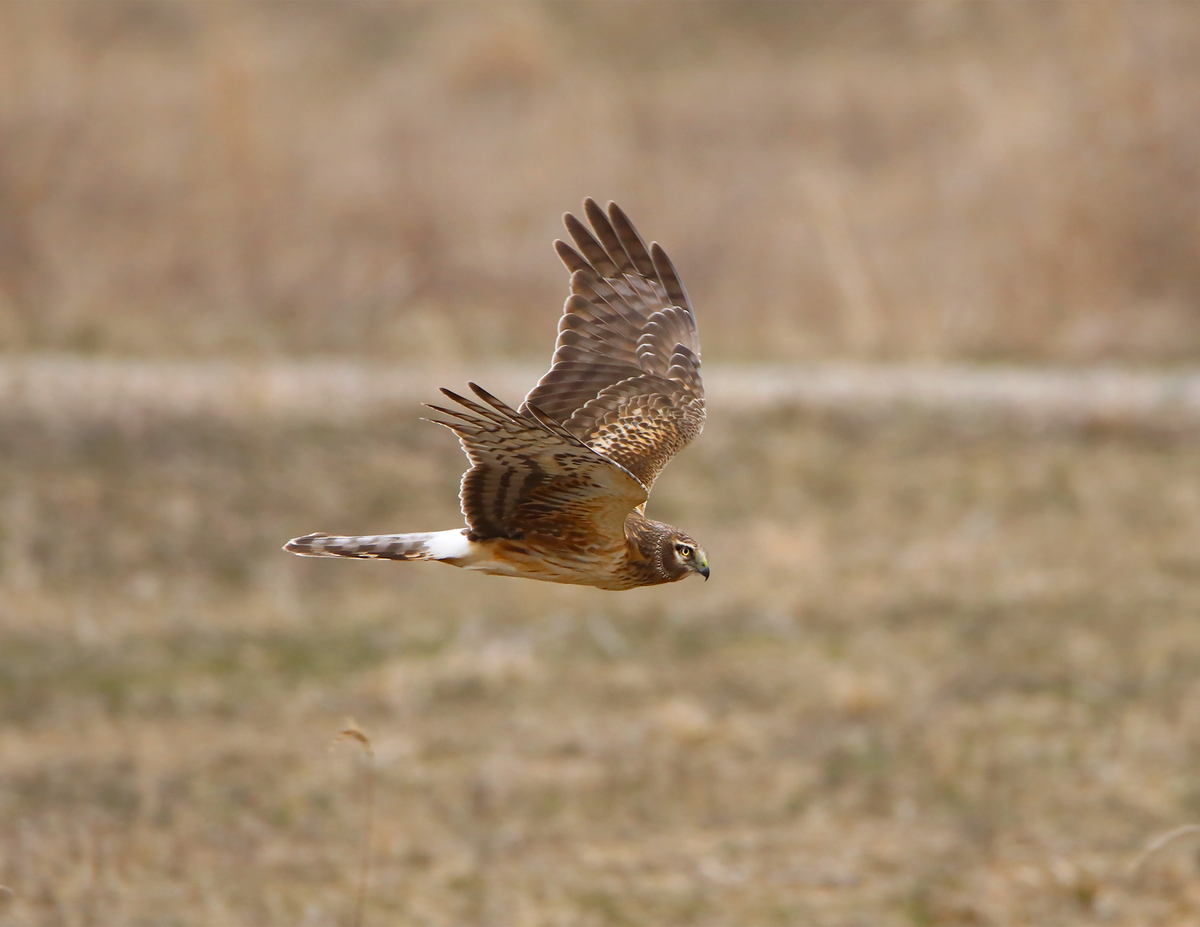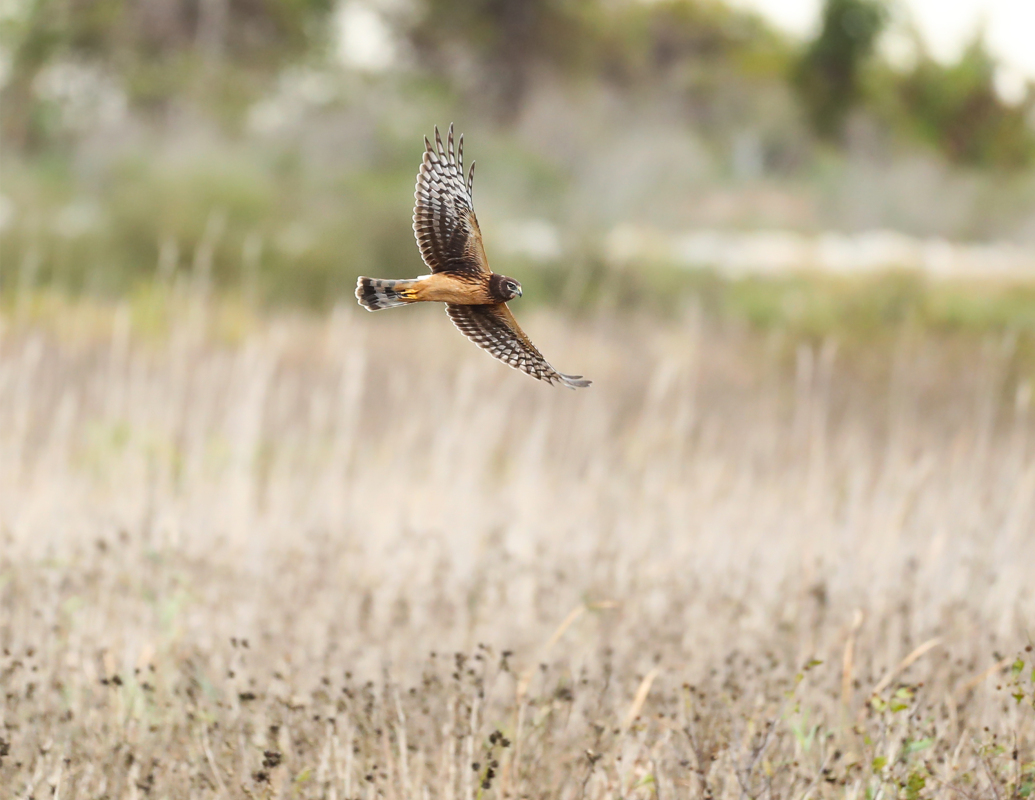Reduce Window Strikes

Window strikes kill between 2% and 10% of the U.S.’s bird population every year. Birds hit glass simply because they can’t see it. What birds do see, however, is often a reflection of landscape and sky – an illusion of a clear pathway. Green habitats inside buildings with see-through glass can be misleading as well. In addition, windows or doors on opposite sides of a building may create the appearance of a clear pathway. Birds can attempt to fly through these areas with devastating results. Fortunately, there are several things you can do to make your windows safer for raptors and other birds.
Provide Visual Cues
Placing stickers, silhouettes, or Window Alerts on the outside of windows and glass doors makes glass more visible by reflecting UV light, which is invisible to us but highly visible to birds. There are many great options available and they are either highly attractive or all but invisible to humans (what you choose depends on your preference.) Hanging strings of beads or shiny materials outside windows can also help. Placing indicators on the inside of the glass is less effective because it doesn’t reduce the reflection.
Install Window Screens
Window screens installed over windows reduces the impact of a collision and may save a bird from catastrophic injury or death. Screens also reduce the reflective properties of windows, making them more visible and less deadly to raptors and other birds.
Turn Your Lights Off at Night
Most migrating birds fly at night. Lighted windows can easily disorient or distract birds, causing fatal crashes. Owls are also active at night and at greater risk for window strikes during that time. Lights Out programs across the United States can reduce fatal window strikes for migrating birds at night.
Relocate Bird Feeders
Move your feeders away from problem windows to protect Cooper’s hawks and sharp-shinned hawks, which often hunt at backyard bird feeders (they are bird feeders, after all.)
It is often suggested to use netting to protect birds from window strikes. RAPTOR Inc. does not recommend the use of netting because we receive many birds with serious injuries from entanglements.

